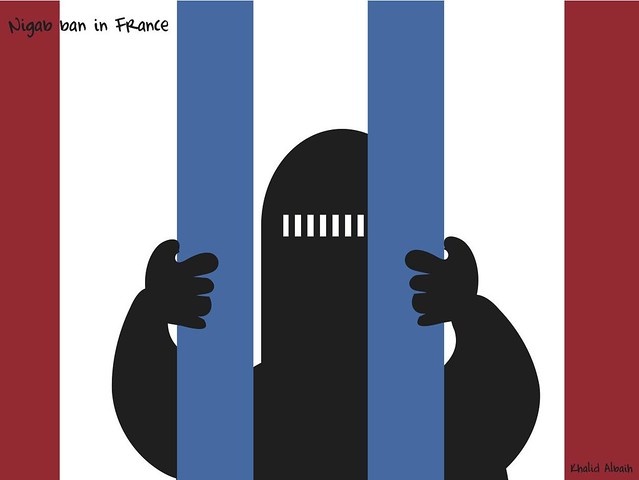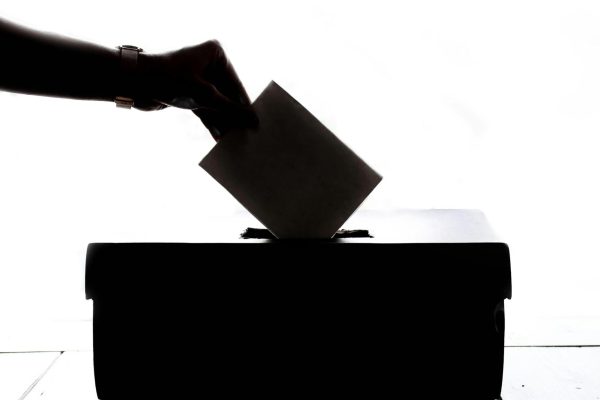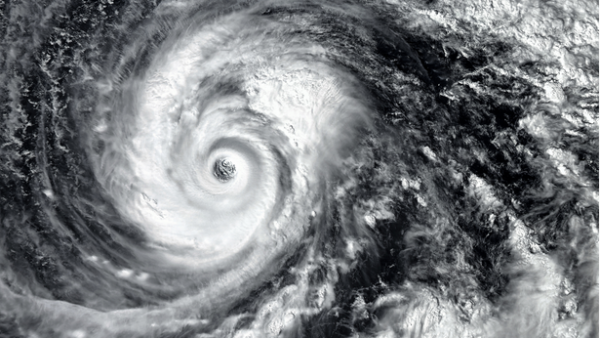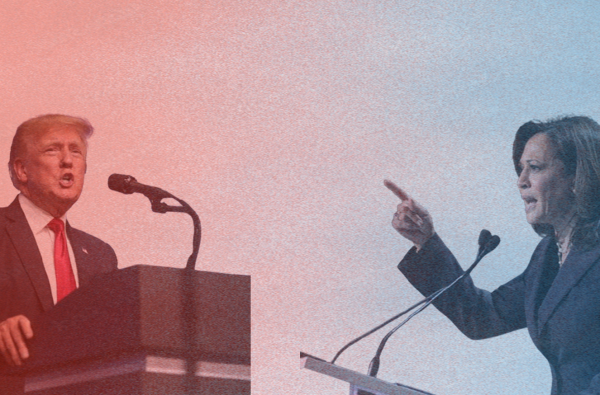How Much is Too Much? – France Extremism Towards Islamophobia
Photography courtesy of Khalid Albaih
Photography courtesy of Khalid Albaih
How would you feel if you were told you couldn’t wear what you wanted in public? This is what many Muslim women are currently living through in France. In March of 2021, France, the home of 5.4 million Muslims, were in contempt of a bill proposed in the French senate. After a long history of controversy with the French government and Muslim women choosing modest attire, France took their guidelines to the next level and expressed lots of hatred towards this modest lifestyle that many Muslim women choose.
It all started in 2010, when France banned the “Niqab,” a cloth that covers the face as well as covering the whole body. This common wardrobe worn by many Muslim women triggered the French government, believing that this type of clothing does not fit with the image that they believe is what they want the world to see of them. The bill proposed in the French senate in 2021, referred to as the “Anti-Separatism” Bill, has shown the amount of extremism held in the France government. This bill states that Muslim Women under the age of 18 may not wear the “Hijab,” a garment that goes around the head to cover the hair, in public. This bill also bans Mothers who wear Hijab to accompany their children in school-related activities while wearing Hijab. In addition, it bans full coverage swimsuits on public beaches in France.
This issue has become known far outside the borders of France and has many Muslim women across the globe in denial and questioning the advanced and modern world of 2021. Being home to the largest Muslim population in all of western Europe, many people have much thought on why there is so much Islamophobia in a place of so many Muslims? The president of France, Emmanuel Macron, stated that he does not believe that the Hijab fits in with what he considers the epitome of France should look like. However, he says that he would never suggest that the Hijab should be banned in France. Many question why the president of France believes the Hijab is not what his vision of France looks like, but why the senate took the next step to propose a bill.
“Muslim Women who wear the Hijab have always been on the receiving end of Islamophobia for their visible identity.” This quote by Nazma Khan, Founder of World Hijab Day, sums up discrimination against Muslim Women to its finest. Passing this bill in the French senate has now given people around the world strong opinions about the morals of France and its government. Not only does this bill affect any Muslims women that live in France, but this affects every Muslim woman that wears Hijab, in that this bill also bans Hijabi women from around the world to visit France or come to France on vacation.
France’s history with Muslims and Hijabis is yet again another example of their extremism. In the 20th century, many believed the Hijab to be an item of protest against French morals, religion, traditions, and language. Extremism towards islamophobia also took a turn in October of 2020, when school teacher Samuel Paty was beheaded for referencing some of Prophet Muhammad’s morals in his class.
In March of 2020, the global pandemic – Covid 19, provided mockery to the French government when they issued a country-wide mask mandate in 2021 for public health. Though the Hijab ban was not in full effect in 2021, the Niqab ban was, and Hijabi women following the mask mandate qualified for a Niqab, covering the face and head, leaving the French government with pointed fingers towards the irony of the situation.
Though this issue is an ongoing struggle in France, many take a stance elsewhere on their beliefs. #HandsOffMyHijab protest, going against the proposed bill, shows what the power of these women truly holds and how the French government will not guide their lives. Where else in the world could similar Islamophobia and discrimination towards Hijabi Muslims be taking place, and what can we do to limit these actions? How can we as a community guide others to see that the world is not as perfect as it might seem?

I am a Senior this year at Oakton and this is my third year on the Oakton Outlook. I am super excited to be one of the Editors-in-Chief this year! I love...









